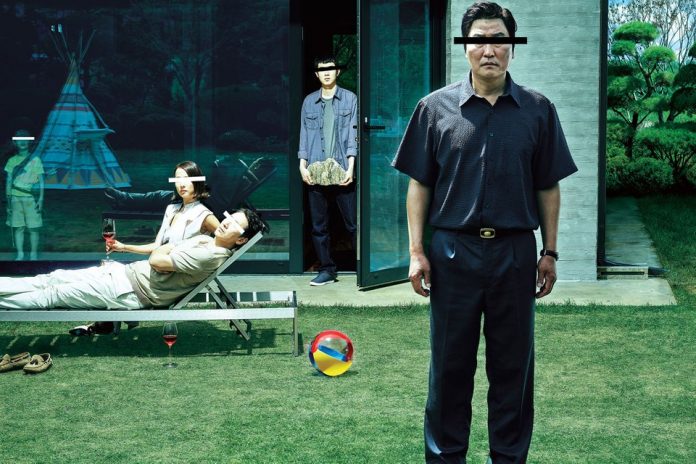Last year, Bong Joon Ho’s Parasites was the first South Korean film to win the Cannes Film Festival Grand Prize, and this year it was the first non-English film to win an Oscar. Alexei Filippov, the editor of the Art of Cinema website, tells us what is so remarkable about the style of the director, who was loved by Quentin Tarantino ten years ago. The material has been prepared with the support of the Cultural Centre of the Republic of Korea.
Multigenre Unification
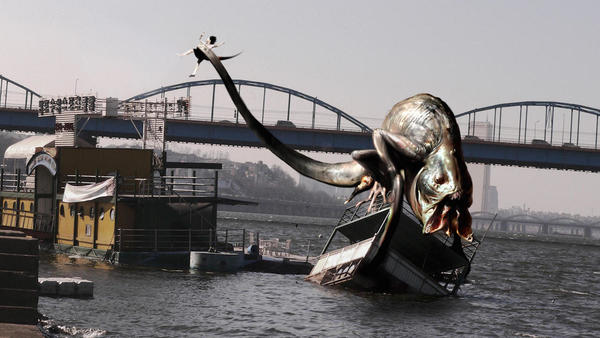
The key charm of Korean cinema in general, and of Bong Joon Ho in particular, is the ability to switch between genres, like experienced motorists – between speeds. In the best films, the director quite rapidly maneuvers between thriller, drama, black comedy, satire, and other genre structures – maybe not dizzying, but not as tediously consistent as is customary in Western genre cinema. Already in his debut film “Barking Dogs Do not Bite” (2000), the director demonstrated how quickly from the Hitchcock Saspensa can move to slapstick, and in “Memories of Murder” (2003) only consolidated success. True, both American paintings by Bong Joon Ho – “Through the snow” (2013) and “Okcha” (2017) – in the dynamics of changing the tone inferior to the Korean. Anti-utopia about the future in the entourage of eternal winter distributes genres on the wagons: tragedy, satire, brutal action, social drama – and further, how much fantasy and opportunities will be enough. In the pamphlet about the genetically modified pig, the director continued to make smoother transitions, fearing to confuse the viewer. In “Parasites” he corrected himself – even if not accelerated to the usual speed.
Black Humor
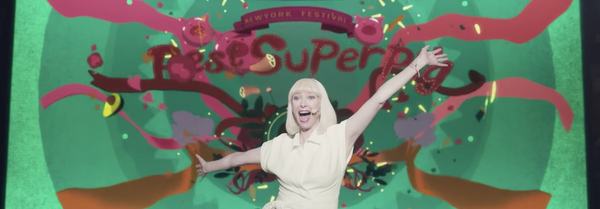
Song Kang Ho
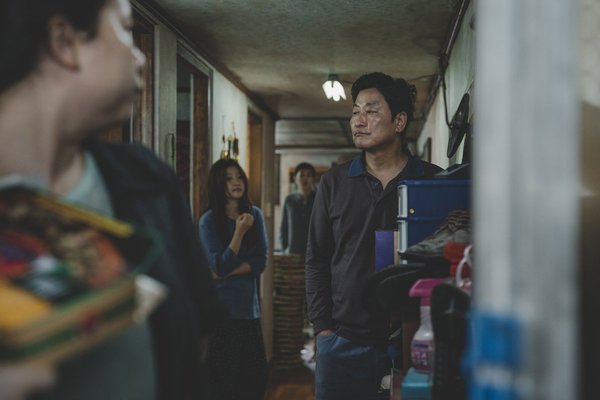
Current problems
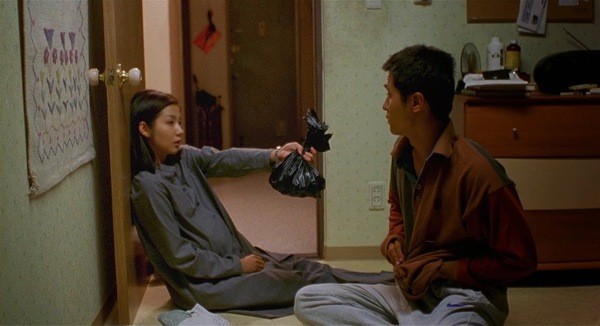

The film goes beyond race, culture, religion and everything else that can separate people. It’s a universal and eternal fairy tale that people around the world understand. The film is something you should experience without spoilers, so we will not say anything about a dirty fairy tale about losers and losers.
At Oscar 2020, South Korea’s Parasite went down in history as the first non-English movie to win the Best Picture category.
Bong is meticulous about his process and creates complete storyboards (sequences of planned shootings) for all his films.
The culmination of his hard work was a film that was shown all over the world.
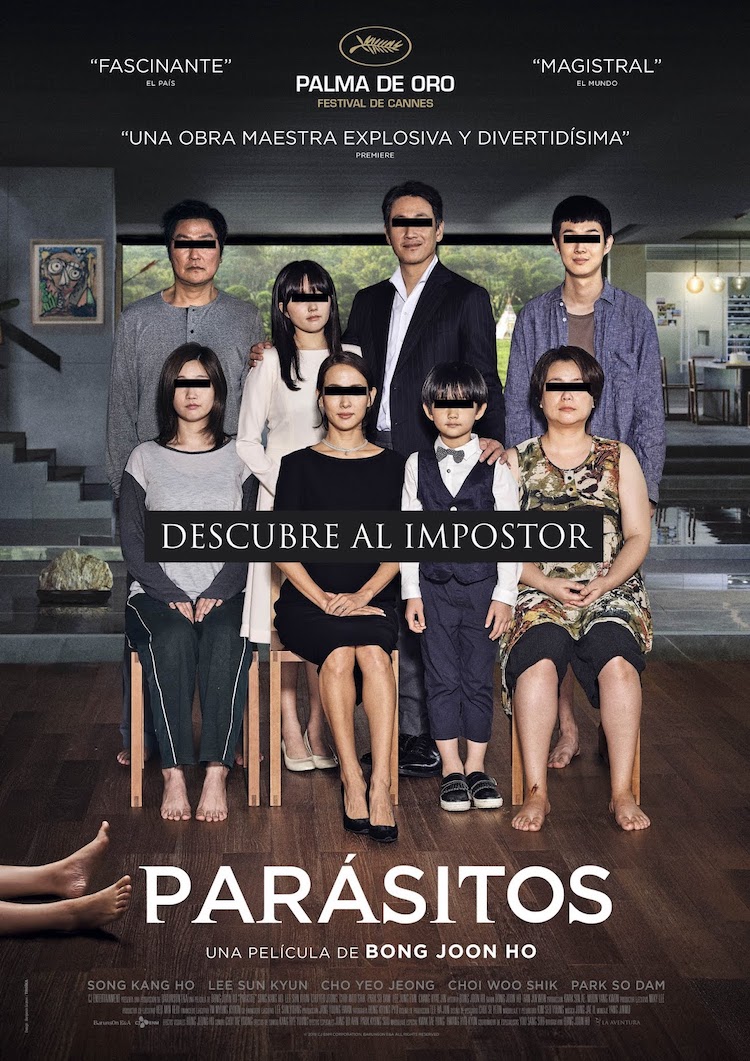
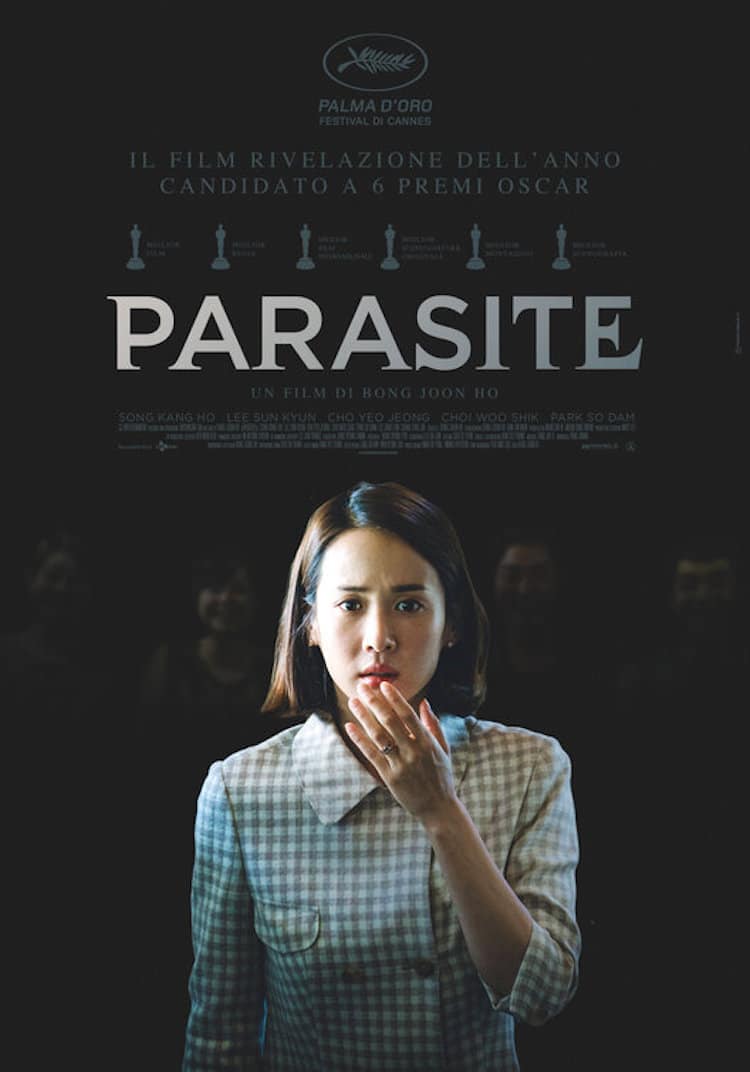
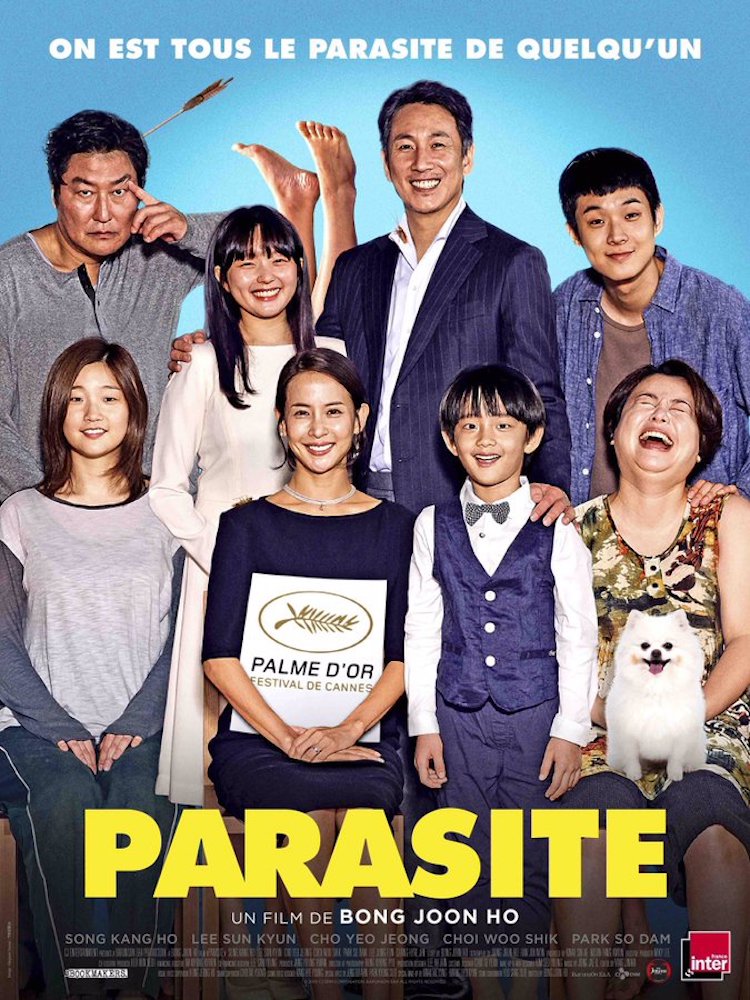 …and many alternative versions of the now iconographic film poster (some of them created by fans).
…and many alternative versions of the now iconographic film poster (some of them created by fans).
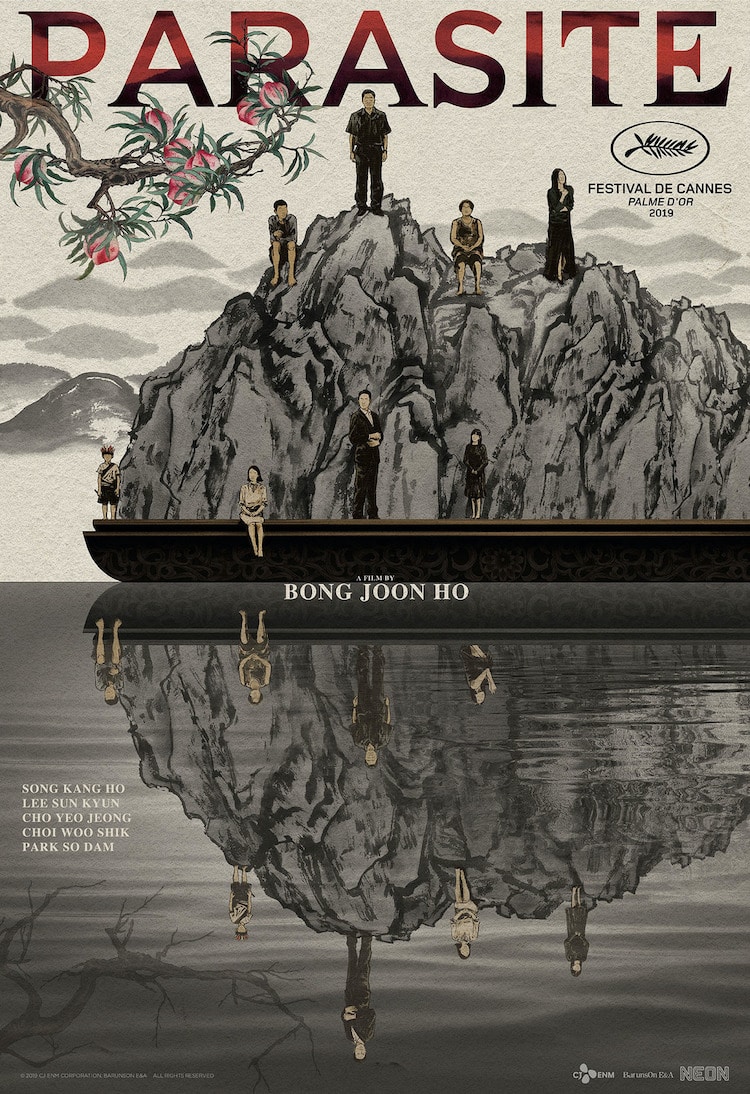
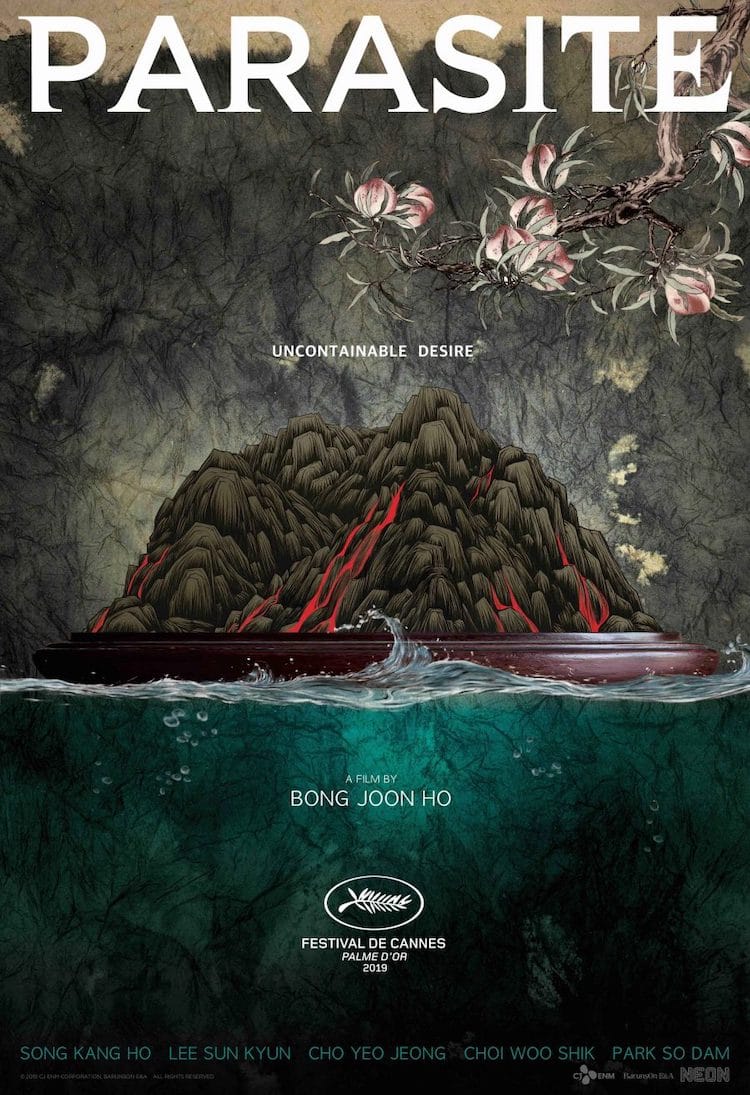
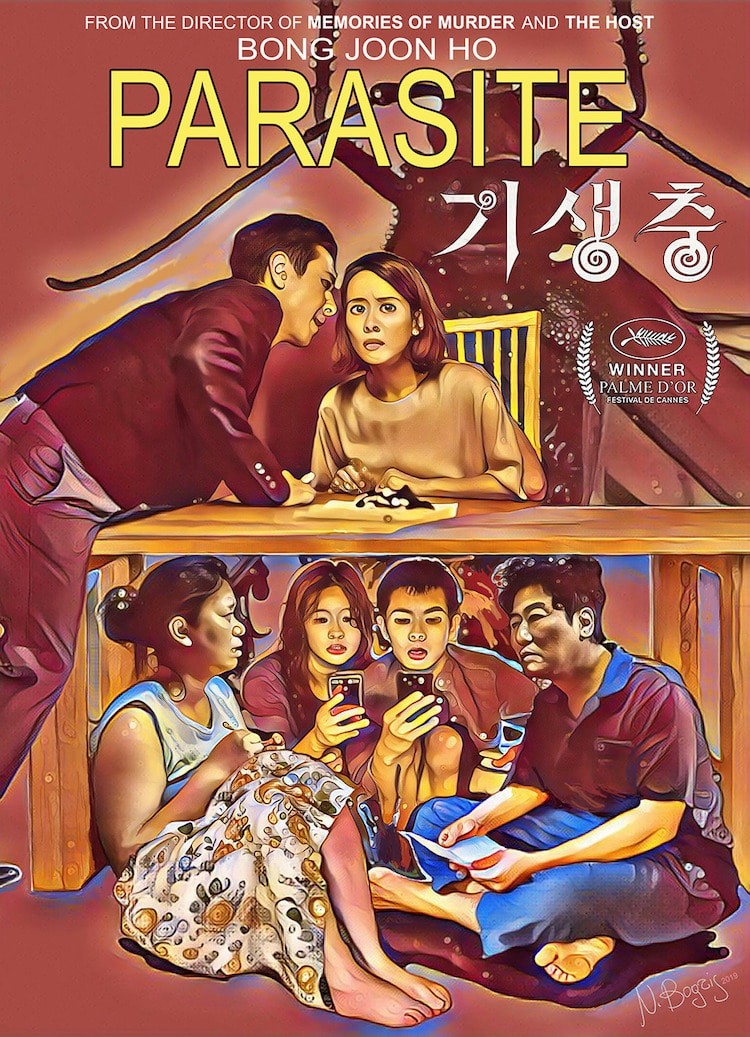
Photo: Nikos Borgis
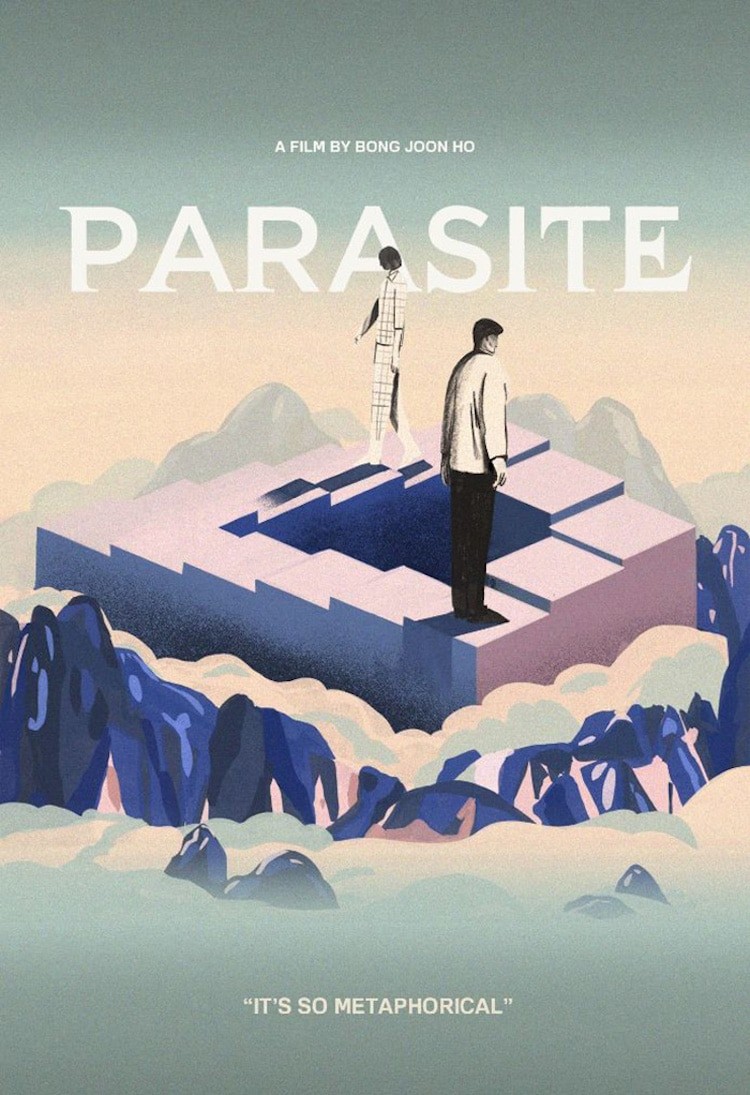
Photo: Amanda Penley
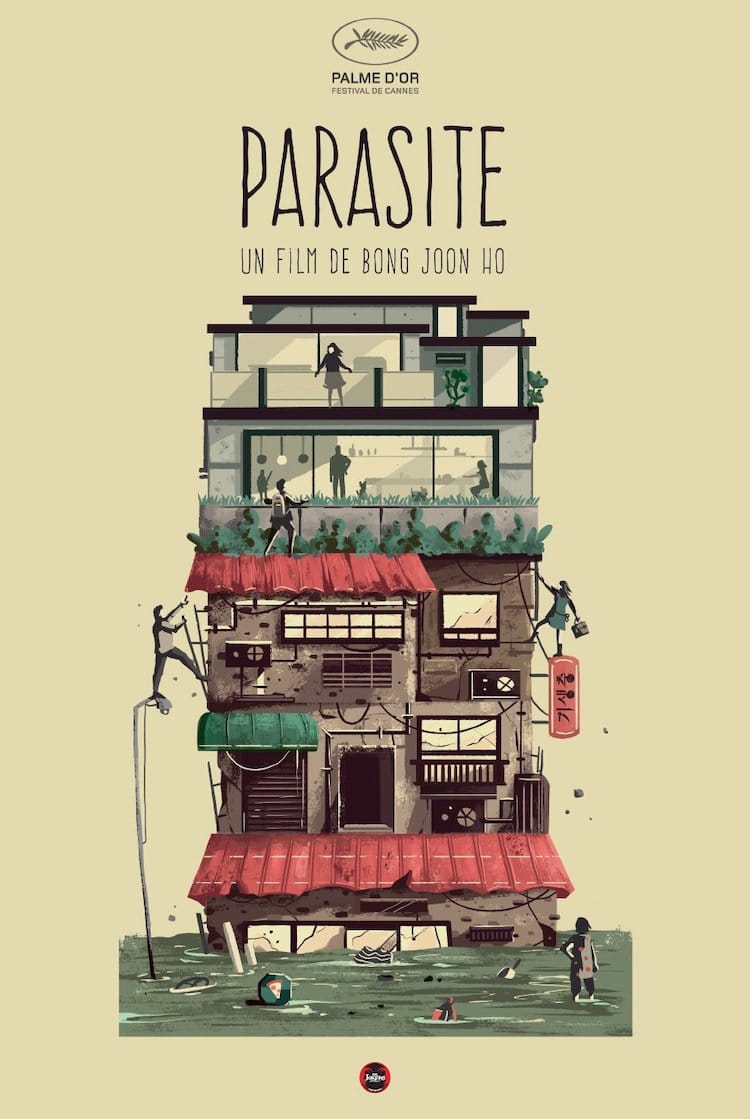
Photo: Marie Bergeron
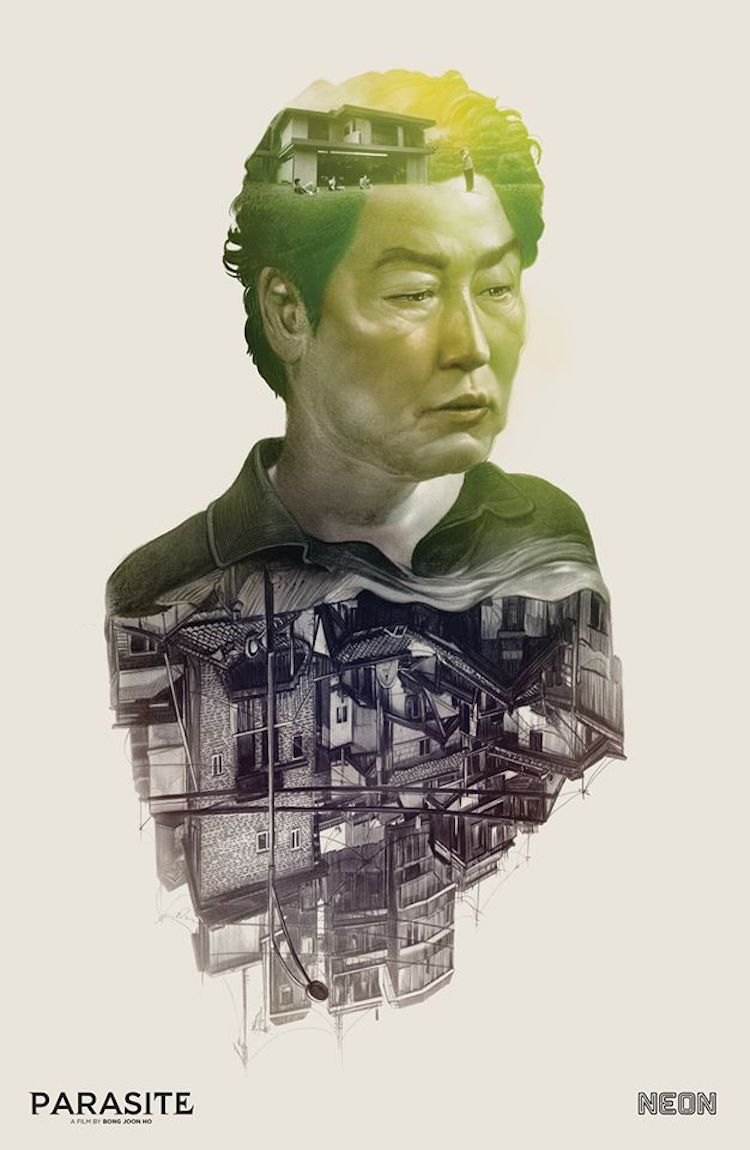
Photo: gregthings
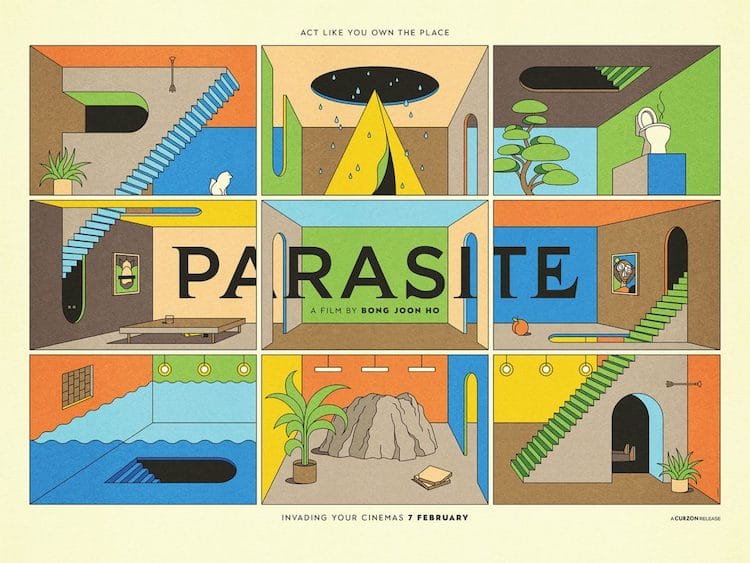
Photo: La Boca
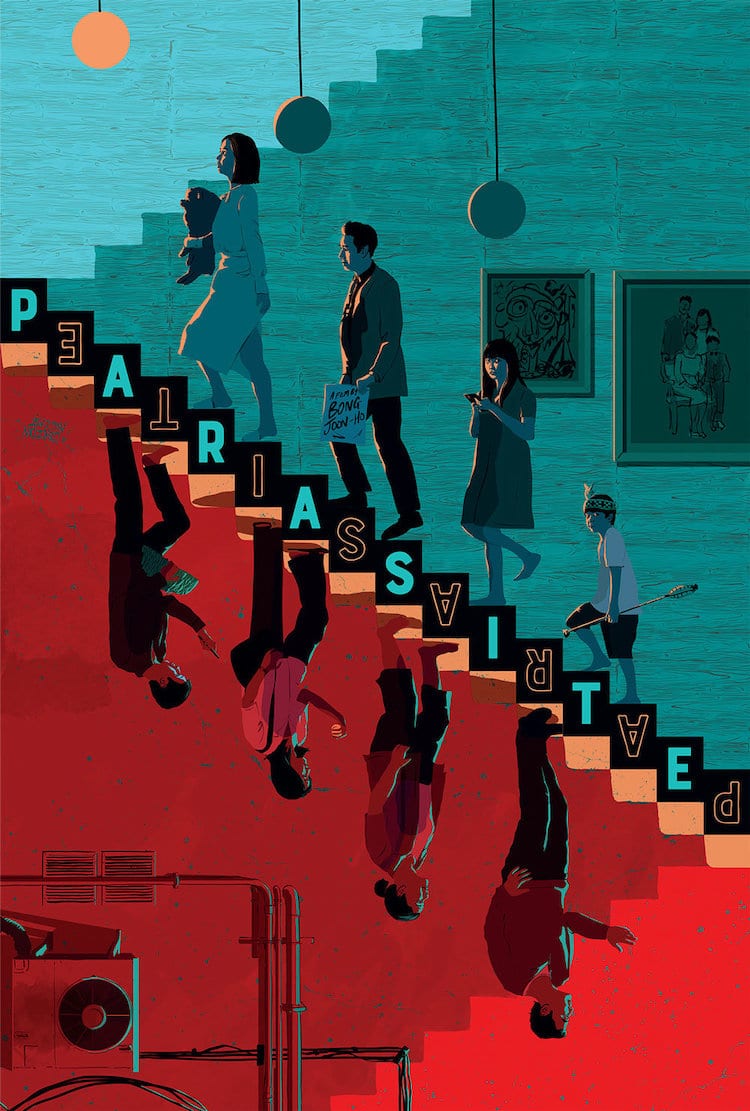
Photo: Andrew Bannister
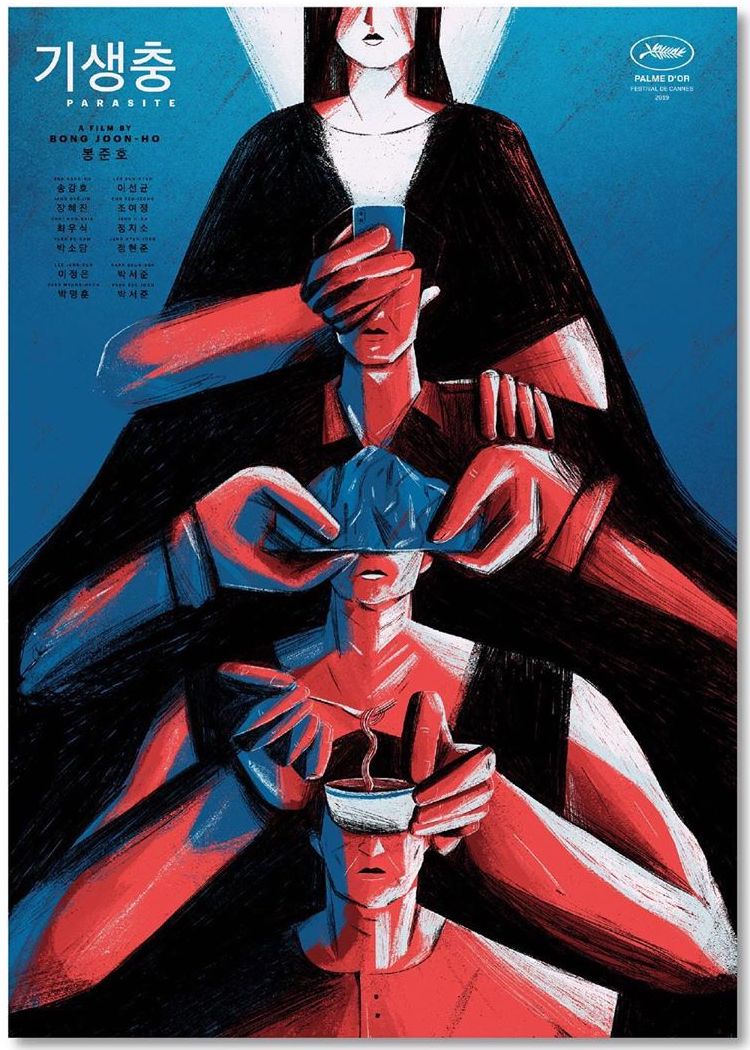
Photo: IgorMadeIt and Vicente Niro
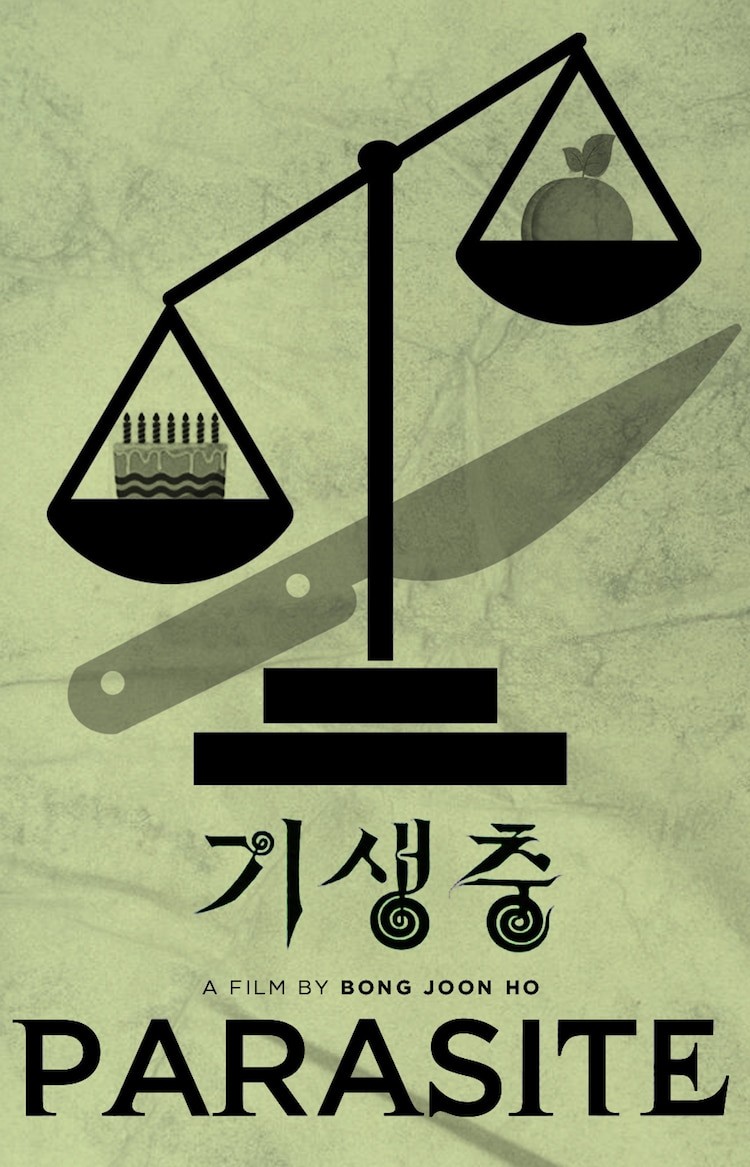
Photo: Danny DalCompo
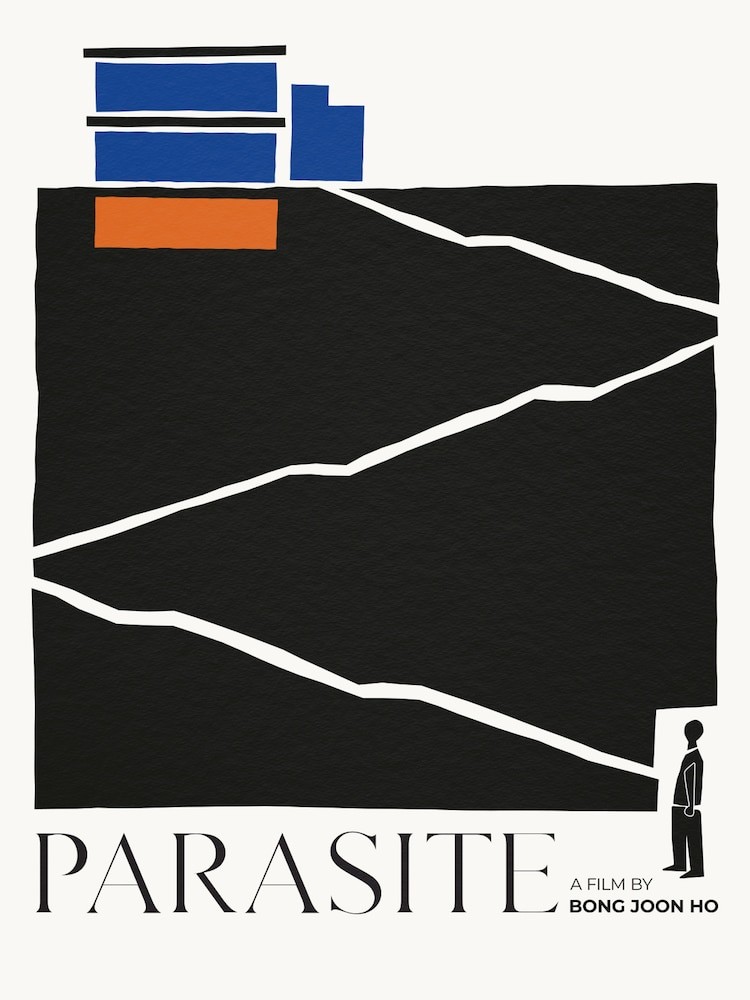
Photo: Nicole Dai / Shutterstock
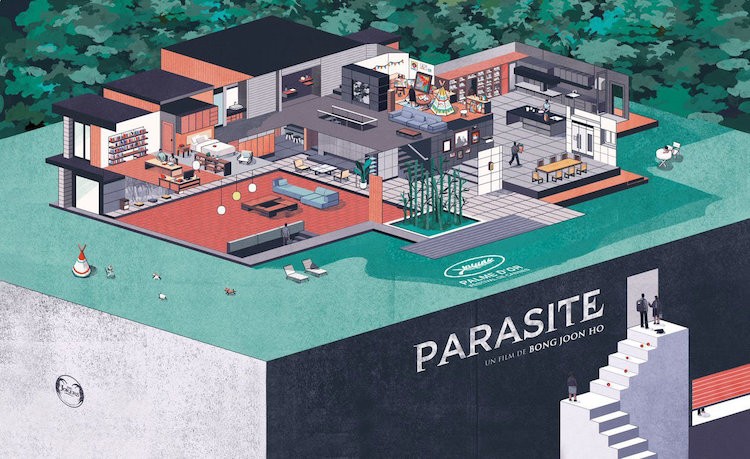
Photo: Jisu Choi
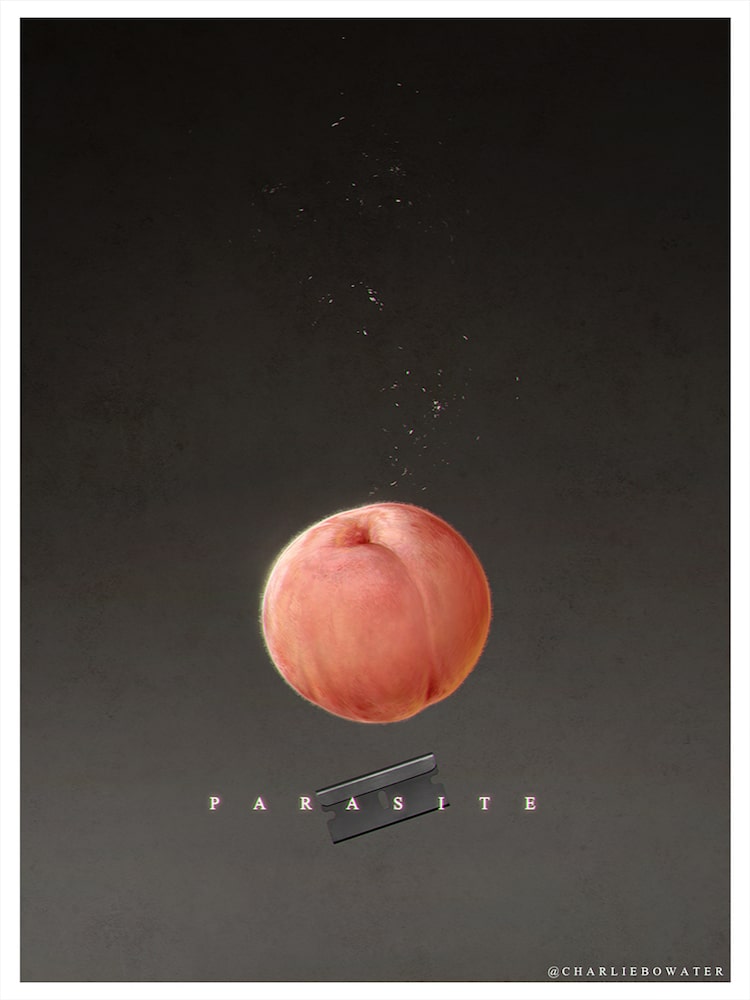
Photo: Charlie Bowater

Photo: Randy Ortiz






